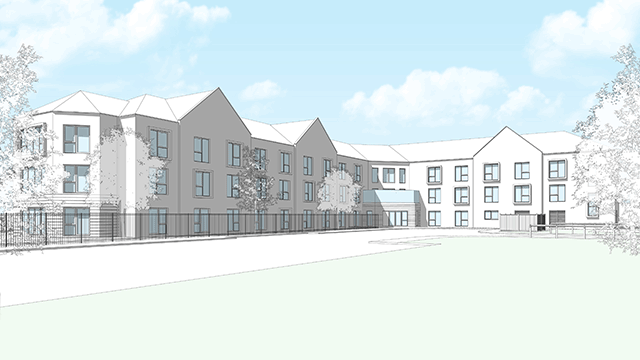The future of the UK’s town and city centres in the wake of the pandemic is at risk due to a lack of young councillors, real estate executives have warned.
With local elections less than a month away, industry leaders say the planning system is performing poorly when it comes to bringing in the voices of younger generations – through consultation and during the process of approving or rejecting planning applications.
Across planning committees in Manchester, Bristol, Birmingham, Leeds, Liverpool and Edinburgh, as well as the London boroughs of Westminster, the City of London and Kensington & Chelsea, EG identified fewer than 10 members below the age of 40. Most planning committees have achieved a greater diversity by gender and race than they have by age.
Councillors under the age of 40 with seats on planning committee include Labour’s Tim Roca in Westminster, Kayleigh Brooks in Leeds, Jon-Connor Lyons in Manchester, and the Scottish Conservatives’ Max Mitchell in Edinburgh. But such names are the exception.
“I have seen countless planning committees made up almost entirely of members who are over 40,” said John Walker, acting managing director of project advisory consultancy CT Local and former director of planning at Westminster City Council.
“Part of the problem is so few young people stand to be elected in the first instance. Not enough is being done to encourage young people to stand in elections and the government should set targets for all the major political parties.”
Joshua Carson, policy director at Blackstock Consulting, noted that in the last Local Government Association census in 2018, the average age of a local councillor was 59, with fewer than 5% below the age of 35 in the past two decades. Given that the average age of a first-time buyer across the UK exceeds 30, Carson added, “the corollary is that the make-up of local authorities’ chambers vastly under-represent those without homes, and that councils plan for the future despite the absence of those voices around the table”.
Experience
Others argued that a focus on younger councillors should not come at the expense of the insight brought to the table by more experienced local leaders.
“I think there is a danger with under-appreciating the voices of experience that come with those members of planning committees who have served as local councillors for many years,” said Will Lingard, senior director in CBRE’s planning and development team.
“They bring an astuteness and perspective that is often more in tune with the needs of younger generations than what they are credited for. However, we would, just like within many other organisations, like to see representation from a diverse range of society, be that age, gender, sexual orientation or race. We think that better decisions and more relevant decisions are made that way.”
Grant Leggett, head of London for planning consultancy Boyer, said connecting with people “in fear of never owning a home and who might be properly motivated to see more built” is more important than changing the make-up of committees.
Marnix Elsenaar, partner and head of planning at law firm Addleshaw Goddard, agreed that the issue raises “a broader question about young people’s engagement with the planning system and the need to engage those who will benefit from new development”.
“The distinction may be more between existing homeowners and renters rather than being strictly an age distinction but, in reality, homeowners tend to be older and those trying to get on to the housing ladder younger,” added Elsenaar, who has advised developers including Hub Residential and Muse Developments.
Pro-development
Félicie Krikler, director at Assael Architecture, said: “The lack of representation amongst the younger demographic lies in the responsibility of the current system. Encouragement and education will be integral to engaging the next generation, who do quite often have an opinion but lack the appropriate channels to support them.”
A study carried out by Walker and colleagues at CT Group last year found younger people “are generally pro-development but rarely get involved or heard”, said Walker, while older people “are anti-development and get involved”.
“We have learned that if you engage with the younger generation, they get enthusiastic and support development as long as you make it easy for them to convey their support, which is normally via their mobile phones,” Walker added, noting “the old way of holding a consultation meeting in a nearby hall does not work anymore”.
But encouraging the views of younger generations in consultations will be most effective if the planning committees making decisions change too. Steven Charlton, managing director at architecture firm Perkins & Will, has recommended a “jury service-style planning application review system” that could include a set percentage of all age groups.
“This would ensure a range of views are represented and would encourage a more fair outcome,” Charlton said. “Implementing this will of course require significant investment into the planning system, and while these ideas were collated pre-coronavirus disruption, the current context provides an opportunity to explore some of these proposals, road test them and get them right for the longer term.”
To send feedback, e-mail tim.burke@eg.co.uk or tweet @_tim_burke or @EGPropertyNews











